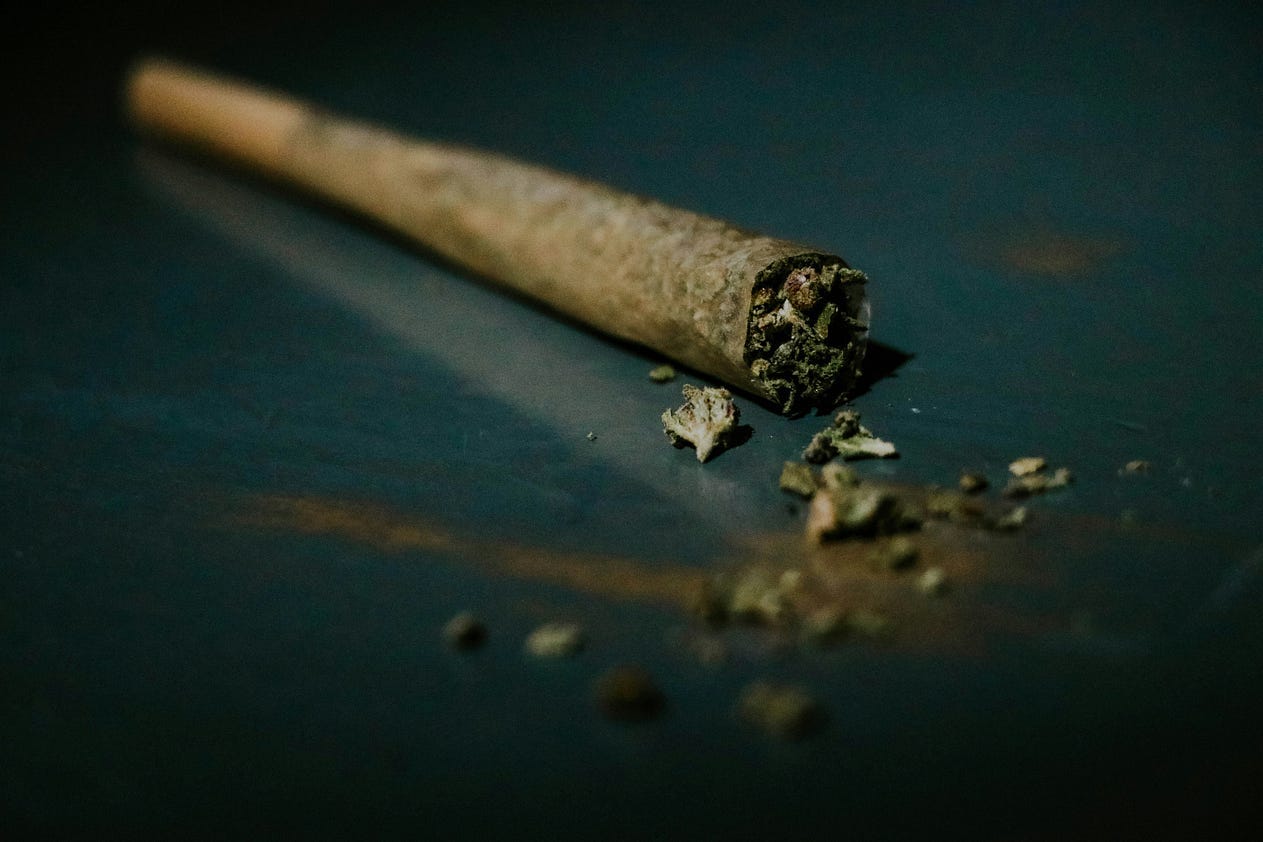I Loved Marijuana Until It Came for My Creativity
And what my relationship with psychoactive substances taught me about myself

From a young age, it was safe to say that I had an addictive personality. Whether cartoons, candies, or computer games — fleeting indulgences traded turns as objects of my single-minded obsession.
Well before I knew what drugs really were, I wondered what they could do and how they could alter our thinking. As early as e…
Keep reading with a 7-day free trial
Subscribe to The Gen Z Report to keep reading this post and get 7 days of free access to the full post archives.

